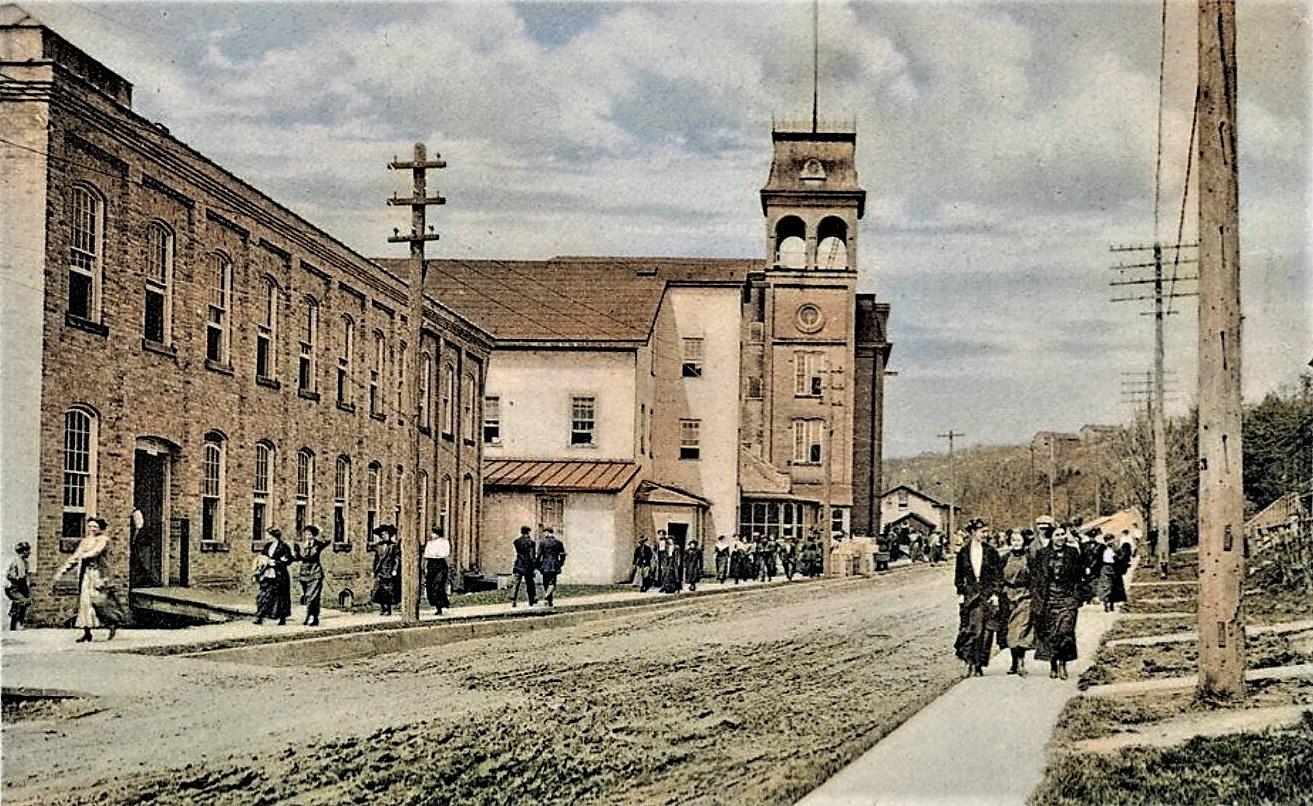
1 minute read
LOCAL HISTORY
The mill's vibrant culture was a mosaic of diversity, with a significant cohort of single women recruited for their prowess in operating hosiery machinery The resonant sound of the shift-change whistle became a melodic punctuation in the daily rhythm of life in Paris, signifying the ebb and flow of labour within its hallowed walls.
Embracing the winds of change, Penman forged alliances with Dominion Textile in the early 20th century, culminating in its formal assimilation into the company in 1965. However, evolving market dynamics precipitated the sale of the original Penman Mill No. 1 to Pride of Paris in 1970, heralding a new phase in its evolution.
Advertisement
In 1995, the mill's structures found rebirth as warehouses and offices, repurposed to accommodate the shifting needs of a transforming economy while preserving their architectural legacy. The dawn of the 21st century witnessed the metamorphosis of three surviving buildings into residential units, seamlessly blending modern comforts with the enduring echoes of an industrial epoch.
Today, Penman No. 1 Mill stands as a living monument to Canada's textile heritage, a testament to the resilience and ingenuity that once thrived along the Nith River, shaping our community and etching a lasting legacy on the nation's industrial history.
It stands as a triumph of the past, illuminating the path forward into a future where the echoes of industry's golden age still resonate in the winds that sweep across the Nith River in Paris, Ontario, Canada








